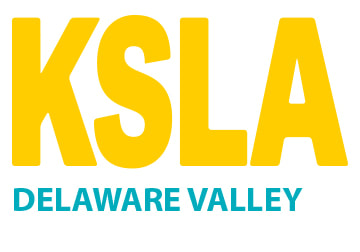|
Thank you for another great week of discussion about action research! This week's discussion will be focused on Chapter 2. Below you will find some specific and general prompts to help guide your thinking. These are only suggestions. We welcome your own thinking as well!
Specific prompts to the chapter to possibly consider:
7 Comments
Janice Ewing
2/2/2020 09:31:40 am
Hi Fellow Readers and Friends,
Reply
Carol Shiffrin
2/14/2020 08:43:45 am
I’m truly enjoying getting to know and follow the educators in the seven scenarios in each chapter. It’s an engaging method for presenting a variety of situations in which educators find themselves and the range of ways in which they consider their issues. I’m looking forward to what happens next!
Reply
Janice Ewing
2/16/2020 04:29:51 pm
Carol,
Meg Norris
2/4/2020 03:49:51 pm
Finding an entry point for inquiry for me requires reflection, observation, and critical thinking. Many of the scenarios this week resonated with me as I felt as though I had lived those situations too. The role of community was also very important to me. I tend to reach out to my PLC or mentor teachers for advise. Then, I use that information to help me move forwards to ensure I'm doing what is best for my learners. Recently, I've really been thinking about engagement. I'm not sure of my particular question yet, but I've been mulling this idea around in my head.
Reply
RITA SORRENTINO
2/5/2020 09:21:58 am
Reply
Lisa Hantman
2/13/2020 10:50:29 am
I have done teacher inquiry many times, as a member of a teacher inquiry group, or on my own. For many years, I focused my annual inquiry question on a single student, one who emerged, early in the year, as needing a closer look for one reason or another. For example, I might ponder how I can help said child integrate more productively during center time. This looking closely at one child would, inevitably, help me with many classroom issues and with knowing other students better, as well. I learned of this observatory stance from the work of Patricia Carini and my long standing involvement with The Philadelphia Teacher's Learning Cooperative.
Reply
Janice Ewing
2/16/2020 04:37:40 pm
Lisa, thanks for sharing your wide experience with action research. It seems to have been a common thread throughout your career. I was familiar with Need in Deed, but not with Going Deeper and Doors In. Are you familiar with the book Troublemakers by Carla Shalaby? She takes a very in-depth, non-judgemental look at four children whose behavior could easily be seen as problematic, and helps the reader to see them differently. There are no easy answers, but the inquiry and ethnography approach is very illuminating.
Reply
Leave a Reply. |
AuthorWrite something about yourself. No need to be fancy, just an overview. Archives
January 2021
Categories |

 RSS Feed
RSS Feed